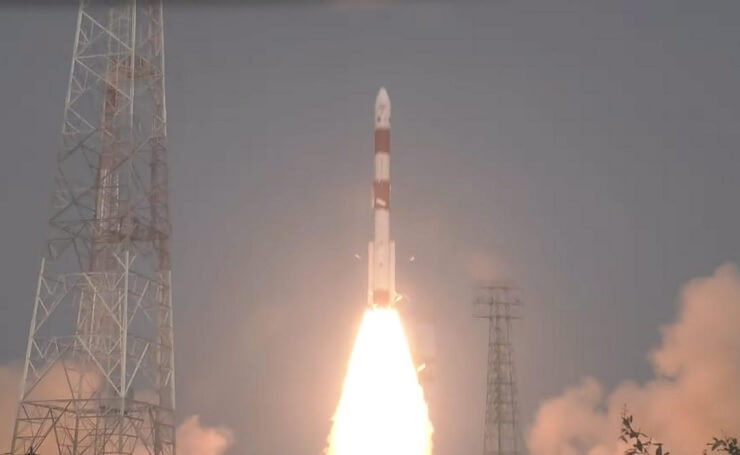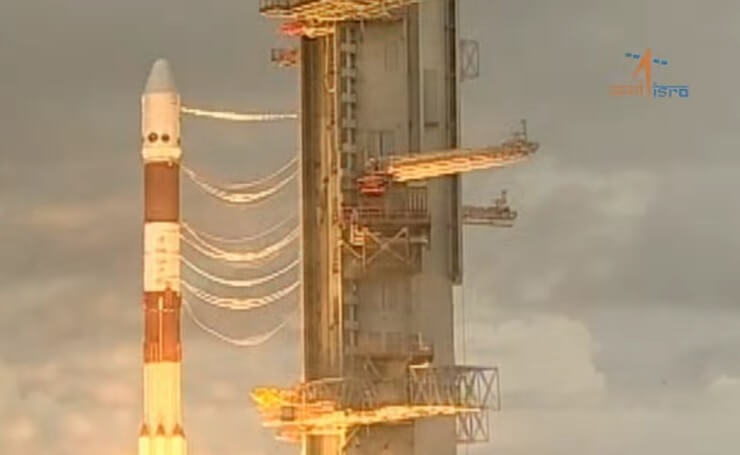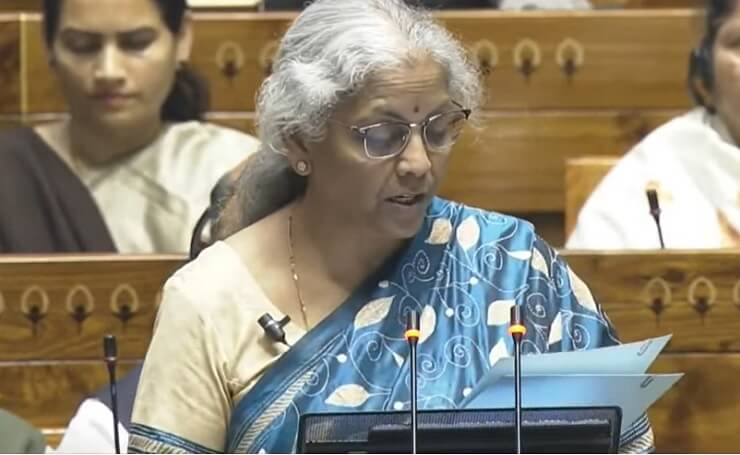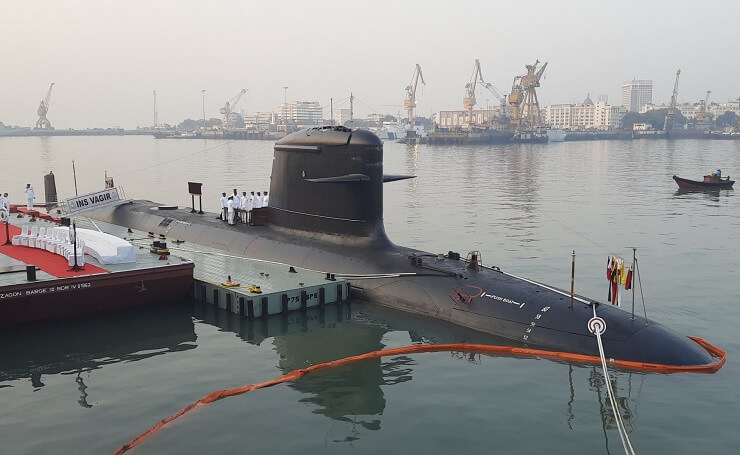India achieved another milestone in space exploration as the Indian Space Research Organisation (ISRO) successfully launched its first X-Ray Polarimeter Satellite, XPoSat, from the Satish Dhawan Space Centre in Sriharikota, Andhra Pradesh.
The PSLV-C58 rocket, in its 60th mission, deployed the XPoSat payload into Low Earth Orbit, marking a significant advancement in space-based polarisation measurements of X-ray emission from celestial sources.
The PSLV rocket is carrying 11 satellites, including ISRO’s X-Ray polarimeter satellite (XPoSat).
The objective of the PSLV-C58 mission is to measure the polarisation of X-rays in the energy band of 8-30 keV originating from approximately 50 cosmic sources.
This data will enable long-term spectral and temporal studies of cosmic X-ray sources, providing valuable insights into celestial objects such as black holes. X-ray polarization is a crucial diagnostic tool for understanding the radiation mechanism and geometry of these cosmic sources.
The 44.4-metre tall rocket lifted off at 9.10 a.m. from the first launch pad of Sriharikota, 135 km east of Chennai.
XPoSat carries two primary payloads: POLIX (Polarimeter Instrument in X-Rays), designed by the Raman Research Institute, and XSPECT (X-ray Spectroscopy and Timing), built by the U R Rao Satellite Centre in Bengaluru. The life of the mission is about 5 years.
The XPoSat was first placed in a 650km orbit and then reduced to a 350km orbit for orbital platform experiments.
These instruments will measure polarimetry parameters and enable precise spectroscopy and timing analysis of X-ray emissions. While India has previously focused on space-based X-ray astronomy for imaging and time domain studies, the XPoSat mission represents a significant value-add to the scientific community.
This mission aimed to study remnants of supernova explosions, particle streams emitted by black holes, and other cosmic events. The launch of XPoSat on the first day of the new year serves as a promising start for India’s space exploration endeavours in 2023.









